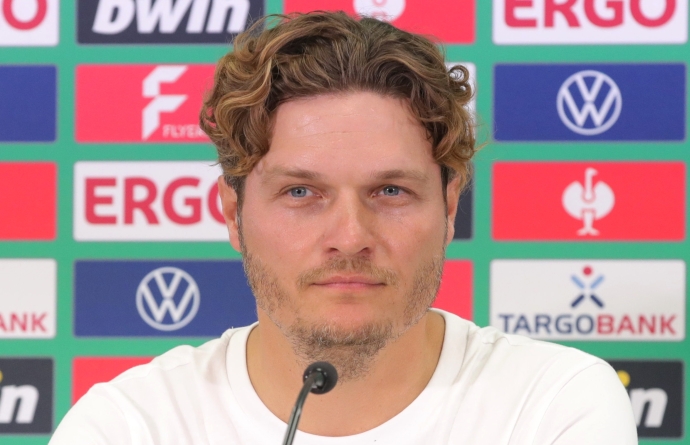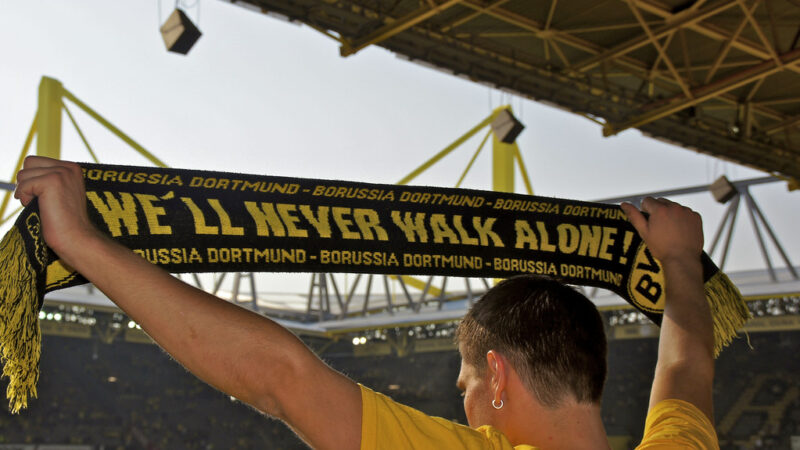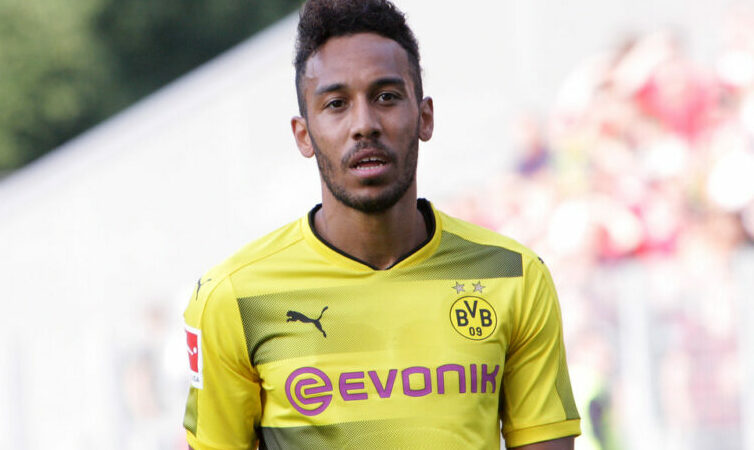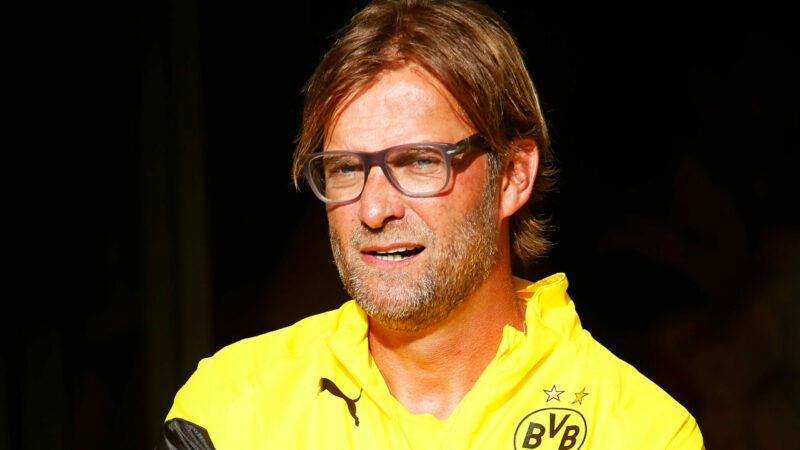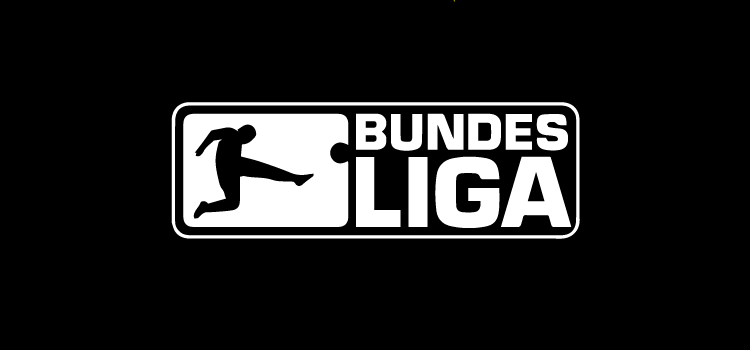Black Vs Yellow Part 1: Who Is To Blame For October Collapse?
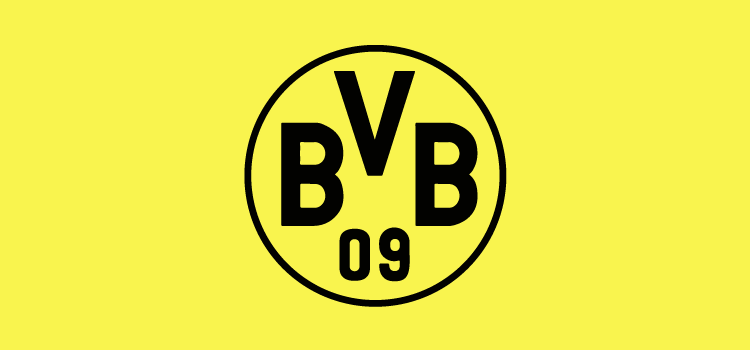
Is it the Bosz or is it the Players?
By: Robert Hay Jr and Nate Smith
“Winning is a habit. Unfortunately, so is losing.” -Vince Lombardi
We turn at the beginning of this column to another kind of football manager to summarize where Borussia Dortmund are heading into the international break. Think back to four weeks ago. The Black and Yellow were atop the table and, despite a rough start to the Champions League, optimism abounded. Yet, here we are, third in the table and staring at a possible demotion to the Europa League.
How did it all go wrong, and is this reversible? This is such a complex and tough question to answer that it takes two writers to figure it out. Nate Smith and Robert Hay decided to take different opinions of who is to blame for this sudden mess and how the club can reverse this slide. Weigh in with your comments to @borussiaUK, @nws13 or @roberthayjr on Twitter to give us your thoughts.
The Manager
As things changed over the past three months, one aspect of Borussia Dortmund remained the same. Peter Bosz was a surprising selection for manager of the club and his CV did not show extensive experience of success with modern high-profile clubs (sorry Ajax but you must reclimb that hill). These reasons were actually why I was inspired by the selection. He had done great work with the younger players at Ajax and showed a tactical acumen that almost won the Europa League. In fact, early in the season we saw some of that tactical sense, with the club scoring goals at will and conceding nothing.
One can point to the injuries that occurred early in the season and even prior to it, and rightfully claim that it was inevitable that Dortmund would eventually struggle with so many key players missing. Yet as players return to the pitch and the depth grows, the side struggles more. What we’ve seen since the beginning of October is a club that cannot adjust to an adjustment.
I wrote a piece recently about how stubborn managers should be when it comes to tactics, and if tactical flexibility really was a virtue in the modern game. Football like all sports is a game of adjustments; your opponents react to what you do and you react to that, creating a cascading effect where the best reaction ultimately triumphs. Bosz has seemingly stuck to the same strategy and tweaked some of the pieces. BVB’s 4-3-3 is unquestioned and Aubameyang is the focal point of the attack, even when he is on poor form. Dortmund seem set to try a formation shift with two up front, or a withdrawn striker behind Auba to provide some support or to drag a defender or two away from him. Bosz has no lack of players either who could play that role or the classic #10 spot. Maybe even try a 4-3-2-1 just to do something different since he has the players to play that style. Instead, we see the same formation with a few different players in the starting XI.
Life is not like Football Manager, where formation changes are adjusted to in a matter of weeks. However, Bosz’s inability to adjust or at least shake up this club at the moment is worrying, making him seem too much like 2015 Arsene Wenger and not the 2005 Wenger Dortmund hoped they hired. Bosz came in at a time of some turmoil, with Tuchel’s departure causing a rift in the front office and with the players. If the struggles continue, when will we start seeing the quotes casting doubt on his regime?
The Players
If there is a such thing as having too much early success for a new manager, then Peter Bosz has done just that. Nobody expected Die Borussen to start the season the way they did, with five consecutive clean sheets only broken up in Bundesliga play by a 6-1 drubbing of Borussia Monchengladbach. To make matters even better Dortmund, hated rivals Bayern Munich started their title defence slowly, with surprising stories of unrest behind the scenes, resulting in the firing of Carlo Ancelotti before September was through.
Peter Bosz’ tactical blueprint was immediately apparent and successful through the opening month and a half, with a frenetic high press, married to lightning fast counter-attacks through the centre and forwards who could make the most of their chances. The way the team’s performance has declined through October and beyond has already made some question whether or not the right manager is in charge. However, the dominance displayed to open the year suggests that at least as a “plan A”, Bosz’ is a good one. What the early season success actually did was to make the fans forget how young the Dortmund squad is. Aside from the fan favorites that have been around the Signal Iduna Park, the squad has seen an eye-popping amount of turnover during the last two seasons, with the focus on youth. No matter how talented the youth is, however, there will still be growing pains.
Perhaps a bit surprising to those who saw him coach at Ajax, Bosz hasn’t relied almost exclusively on youth, with old guard players like Nuri Sahin and Lukasz Piszczek benefitting most from his turn toward veterans. However, just because Bosz has not yet come to rely on youth the way he had a season ago, it doesn’t mean that he won’t. There are signs that Julian Weigl might be forcing his way back into a regular role soon enough after fully recovering from his devastating injury, but there are plenty more to follow. Mahmoud Dahoud is beginning to show flashes of the brilliance that makes him such a future bright spot in the Dortmund midfield and is joined by Dan Axel-Zagadou at the back and Max Philipp up top as key players for the club so far this season. Jeremy Toljan and Alexander Isak aren’t too far behind, while the club’s most exciting players, Christian Pulisic, Mario Gotze, Pierre-Emerick Aubameyang and new arrival Andriy Yarmolenko have shown their class for much of the year.
Dortmund’s young squad may be the reason for their October swoon, but it is not to blame. The hot start was enough to show what this team could do when following the tactical instructions of Peter Bosz, and the results were absolutely brilliant to watch. Anytime a club relies on youth (as Dortmund appear poised to continue with their ‘collect young talent’ transfer policy), inconsistencies are to be expected. While this Dortmund team right now does not appear to be good enough to maintain their title challenge for the whole season, Bosz has hardly been given the opportunity to meld his squad together before the job security questions popped up. Let the manager discover the best roles for his young players and the best combination of veteran presence and youthful exuberance. Bosz does not have the luxury of his young players spending years together being indoctrinated into the Dutch school of football as he did with Ajax, but he does have perhaps the largest, most talented collection of ascendant talent in all of Europe. Let’s just give the man the time to turn his talented pieces into a successful whole.

